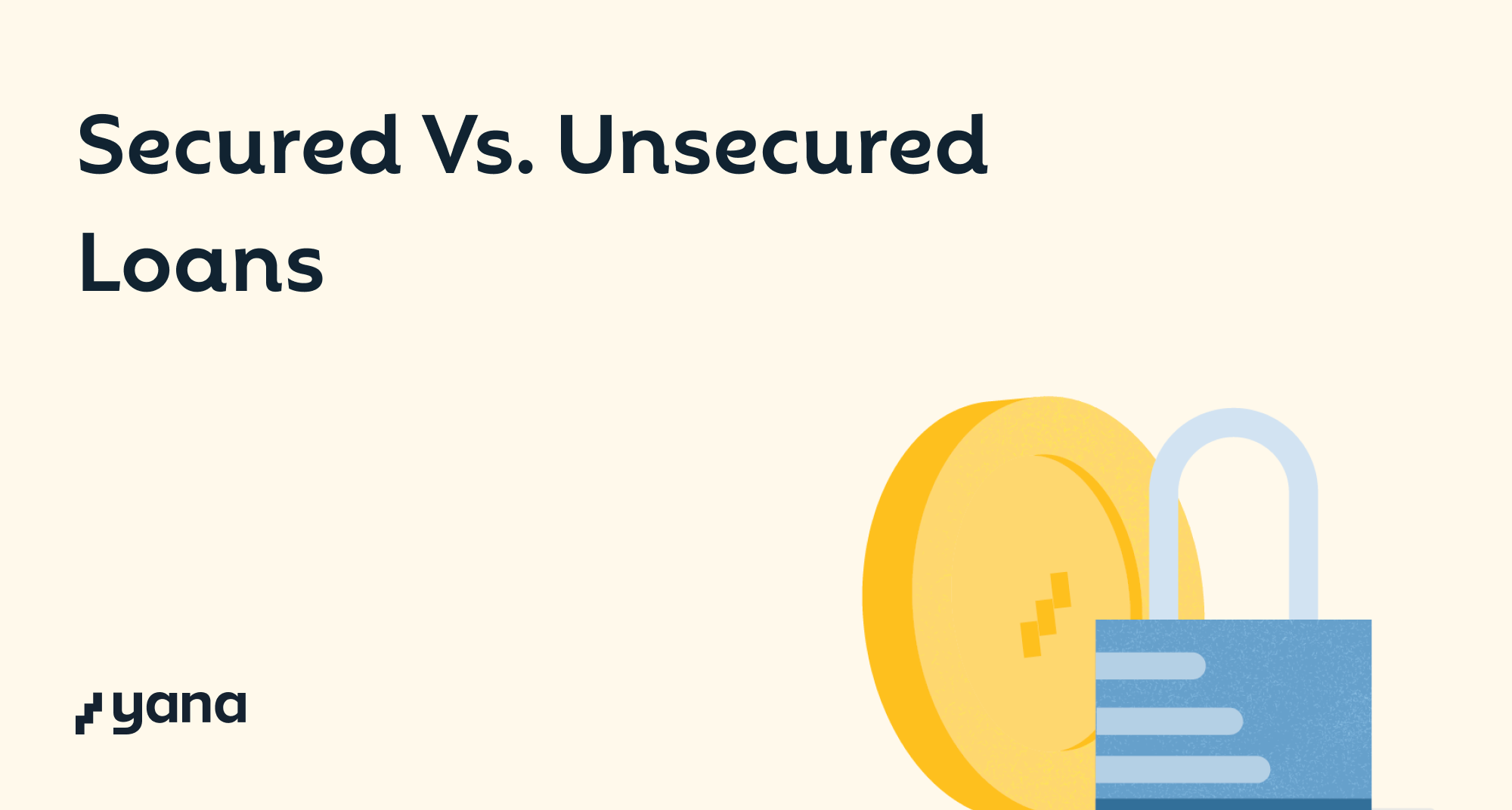As a small business owner, when the need to apply for a business loan arises, you must be aware of the types of business loans available to you. There are two categories of business loans, namely, secured and unsecured business loans.
This article will discuss the pros and cons of these types of loans and provide you with adequate information that would help you decide on the right loan to apply for.
Unsecured Business Loan
Going by the name, this type of loan is not secured or backed by any form of collateral. It is usually based on the creditworthiness of the borrower.
Most digital lenders like Pennee, who offer unsecured loans, employ technology to assess a prospective borrower’s creditworthiness. On the other hand, traditional institutions tend to rely on existing relationships to determine which customers are eligible for the type of loan, thus excluding several prospective borrowers.
Pros
- No Collateral: This form of loan does not require any collateral, thus making it a perfect fit for small businesses.
- Minimal documentation: Unsecured business loans usually require minimal to no documentation.
- Working Capital: Considering the ease of accessing this loan, it makes for a quick source for financing working capital needs.
Cons
- Shorter Terms: The tenure for an unsecured loan is usually short and thus cannot be used to finance long-term needs.
- Higher Interest: Because of its collateral-free nature and the risk involved, lenders tend to offer unsecured loans at a higher interest rate.
Secured Business Loans
This type of loan is backed by collateral from the borrower. These collaterals may include landed property, investment assets, inventory, etc. Suppose the borrower defaults; the lender could easily recover their loan from the proceeds of selling the assets.
This form of loan is usually offered by traditional financial institutions.
Pros
- Cheaper interest rates: Since this type of loan is secured, it is deemed less risky and is often offered at a cheaper interest rate when compared to unsecured loans.
- Flexibility: Because these loans are backed by assets, lenders are willing to offer higher amounts for longer terms with more flexible repayment terms.
Cons
- Longer processing time: This type of loan might take longer to process. This can be due to reasons like the time it takes to value the collateral provided or the need to execute numerous documents.
- Risk to borrower’s asset: In the event of default, the borrower stands to lose the asset used as collateral for the loan.
- Early repayment charges: Some lenders might charge early repayment fees to offset the interest income, which they might lose due to early repayment.
- Accessibility: Secured loans are not easily accessible to businesses that do not have tangible assets.
Which should you go for?
There is no outright way to determine the type of loan you should opt for. Your decision largely depends on your business needs and whether you meet the requirements for any of these loans.
An unsecured business loan might be what you need if you are looking for a quick source of short-term financing. In contrast, a secured loan might come in handy if you are looking to acquire an asset that would require a considerable capital outlay.
The most important thing is to understand these types of loans, their pros and cons, and the possible impact on your business.
